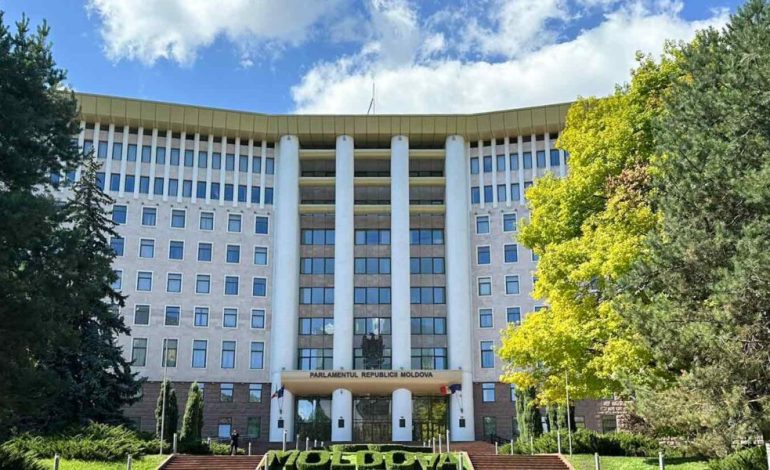ANALYSIS: Moldova’s EU Gambit. Cut the Coupling, Keep the Pace.

In our last piece, we argued that Brussels’ insistence on treating Moldova and Ukraine as a package has become the central crack in the EU’s enlargement façade. Since then, Chişinău has quietly inched toward the uncomfortable conclusion many in Europe whisper but don’t say out loud: if Moldova waits for Ukraine, Moldova may never move.
And Chişinău is done waiting in Ukraine’s shadow. With elections looming on Sept. 28, Russian disinfo humming, and EU politics snarled by Budapest’s veto, Chișinău is edging toward a simple conclusion: if accession stays “coupled” to Kyiv, Moldova’s European future stays stuck.
The pitch for decoupling is blunt. Moldova’s security still leans on Ukraine’s resilience, but its reform track and political risk look different. It’s smaller (2.4 million people), has broadly permissive minority-language laws (Gagauz autonomy, Romanian as state language, Russian’s special status), and has hosted the most Ukrainian refugees per capita while remaining formally neutral. By accession standards, Chișinău can plausibly move faster.
The politics—inside the EU and inside Moldova—are the catch.
- Hungary backs Moldova’s progress and rejects “coupling,” branding accession “merit-based” and Ukraine’s file “political.”
- Lithuania warns that splitting the tracks would be “catastrophic” for Ukrainian society and urges opening the first negotiation cluster for both this year.
- Denmark frames enlargement as geopolitical necessity, with continued support for Ukraine and the Western Balkans.
- Brussels (Commissioner Marta Kos) still resists decoupling, pushing simultaneous cluster openings.
Add in Slovakia’s wobble and Orbán’s veto power, and the math is vicious: so long as Kyiv’s file is blocked, a coupled Moldova can’t move. Hence the quiet decoupling push.
At home, the stakes are existential. President Maia Sandu is openly pro-EU but her party could lose its parliamentary majority on Sept. 28. A win keeps reforms and the EU track alive; a loss hands Moscow-friendly actors the narrative that “Europe equals stagnation.” That’s why Macron, Scholz and Poland’s PM made the trip to Chișinău: visible cover matters.
What decoupling changes—and doesn’t. It frees Moldova from Hungary’s Kyiv veto and lets it target a Balkan-style timeline (think: Montenegro by 2029) if reforms hold. It doesn’t solve security: Moldova’s safety still rides on Ukraine’s front lines and the Kremlin’s appetite for pressure via Transnistria and Gagauzia.
Europe keeps saying “together,” but the politics say “separate.” If the EU wants a win on enlargement this year, Moldova-first may be the only workable door—and Chișinău is already reaching for the handle.









The latest news in your social feeds
Subscribe to our social media platforms to stay tuned